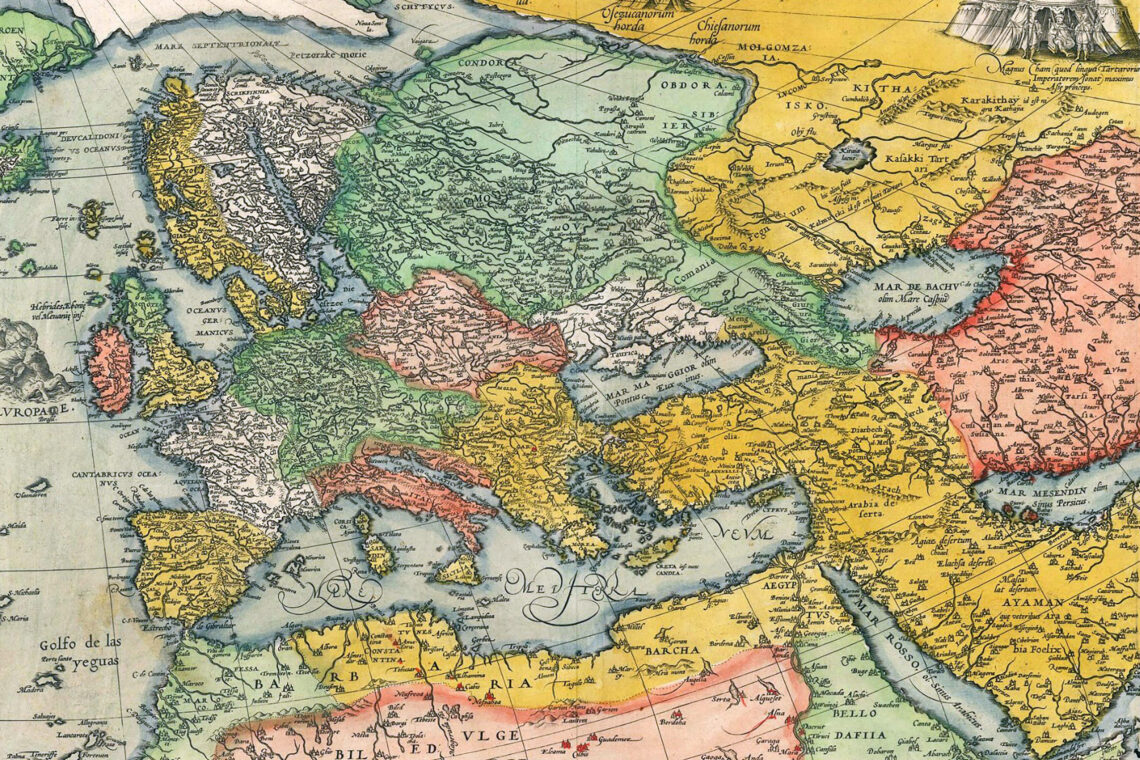Morocco’s official language is Arabic, but Moroccans speak darija, a dialect made up of Arabic and French, if one lives south of Ksar El Kebir; Arabic and Spanish, if one lives north of that region. The amazigh (Berbers), when among themselves, speak their own dialect of Berber (Riffiya, Tashelhit, etc.) or a combination of their amazigh language and their own darija. The bourgeois elites prefer French with a sprinkling of darija. No one speaks that much Spanish, not even in Tetouan and Chaouen.
How about classical Arabic, the kind used in newspapers and books? Who uses that language in everyday life? Well, virtually no one. When students learn Arabic, they are mostly learning a foreign language, for it is a language that doesn’t come naturally to people. To be sure, Moroccan Muslims hold the language of the Koran in high esteem, but that language is not dragged down into the messiness of everyday communication and business. For that we rely on our own regional dialects, our darijas.
Arabic allows us to identify with other Arabic-speaking nations (the Arabs), but it also deprives Moroccans from connecting with one another and forging a language that reflects their sensibilities and thought patterns. I suspect that’s why literary books in Arabic or French do poorly in Morocco–they come across as expressions of foreign-educated elites. And this may be why Moroccan sitcoms or comedies are highly popular. Actors speak darija, and that works. Can you imagine a Moroccan comedy performed in classical Arabic? It might as well be performed in Russian. The humor would be lost on the audience.
There was a time when all European monarchs and scholars did business in Latin (the language of the Bible at the time), but then different regions of Europe started promoting their regional dialects (French, Spanish, Italian, German, etc.) and eventually broke out into nations unified around and by these vernaculars. The Bible was translated into these idioms, so that very few people now speak Latin or Greek (the language of philosophy and science), let alone Aramaic (the language of Jesus), which is almost a dead language. (Mel Gibson’s movie, The Passion, did much to revive Aramaic, which survives in a remote part of Syria.) Not only that, but no Britons or Americans would now use Shakespearean English if they met on a train, and no God-fearing Anglo-Saxons would dare use the English in King James’s Bible.
I know it’s a matter of pride to be able to read and write in the transnational language of Arabic, but it may also be a good idea for Moroccans to have a written language that reflects their thoughts and emotions. If we could start writing in Moroccan (however one imagines it to be), we may begin to develop a genuine Moroccan literature and give Morocco and Moroccans a voice that, like their history, is uniquely theirs.
I have met highly educated Moroccans who lament the absence of a national language in Morocco. And I think they have a point. What Moroccans need is a language they can speak, read, and write at the same time, not one language for conversation and another for reading and writing. I don’t have a solution, but we could start thinking about this issue. Berber languages have recently been transcribed and will be taught in schools; shouldn’t we do the same for a national language, one that all Moroccans, from one end of the country to the other, speak, read, and write comfortably? Classical Arabic could be treasured as the language of the Koran and one that connects Moroccans to other Muslims and Arabs, while the new Moroccan language would be used in everyday writing and in literature, thereby giving linguisitic substance and unity to what is now a smattering of dialects papered over with classical Arabic and French.
When thinking and writing merge into a continuous stream, Morocco may well experience a cultural renaissance of historic proportions.




Comments are moderated by the editor and may not appear on this discussion until they have been reviewed and deemed appropriate for posting. All information collected is handled in a manner consistent with our privacy policy.